Senior WHO official under investigation by Italian judiciary
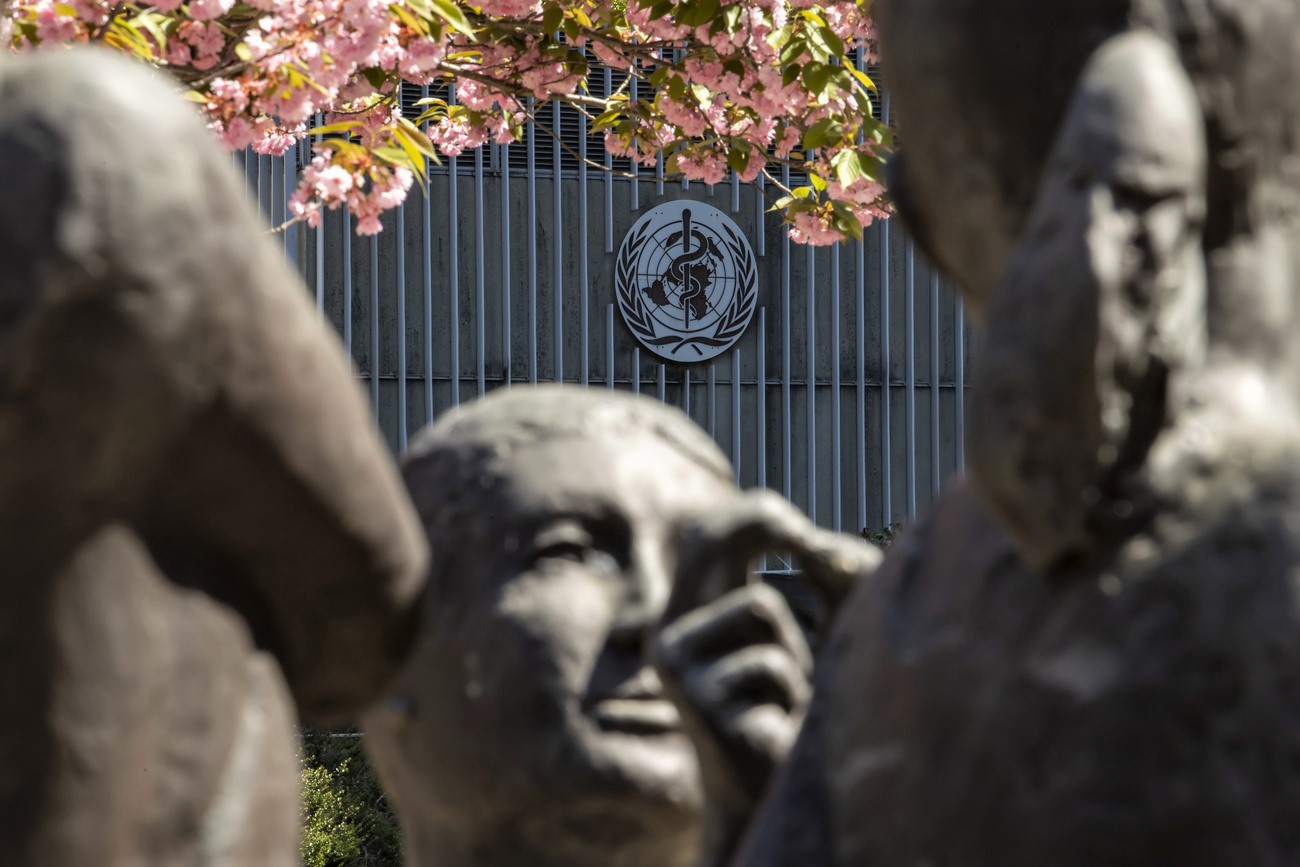
Ranieri Guerra, a former deputy director-general of the World Health Organization, is accused by the Bergamo prosecutor's office of providing false information to prosecutors on Italy’s Covid-19 pandemic plan. He is currently special adviser to WHO director-general Tedros Adhanom Ghebreyesus. The news has sent shock waves through Italy and Geneva.
It is a ticking bomb that is already having a strong impact both in Geneva and in Italy. Ranieri Guerra, who until recently was one of the 11 deputy directors-general of the World Health Organization and still remains a special adviser to the head of the organisation, Tedros Adhanom Ghebreyesus, is under investigation by the Bergamo public prosecutor’s office. The investigation relates to the Covid-19 pandemic that decimated this northern Italian region during the first wave of SARS-CoV-2.
Collusion between Rome and the WHO
In the letters rogatory from the Bergamo public prosecutor’s office that Swiss newspaper Le Temps has obtained, Ranieri Guerra is accused of having lied to the Italian courts. The Bergamo prosecutors’ request for legal assistance was delivered to the WHO on the 8th of March 2021. It comes at a critical time – the WHO has already been severely criticized internationally for its lack of independence from China. It exposes a collusion between Rome and the WHO to cover up the degree of unpreparedness in the Peninsula. Shortly before the report was published, the Italian government had just made a voluntary contribution of $10 million (CHF9.23 million) to the WHO.
The case goes back to last year. On the 13th of May 2020, eleven European scientists led by Italian researcher Francesco Zambon from the WHO regional office in Venice, had published a report entitled, “An unprecedented challenge, Italy’s first response to Covid-19”. Twenty-four hours later, the WHO withdrew it from circulation, even though it could have been very useful to other countries not yet hit by the pandemic. The move was quickly perceived as censorship. The 102-page report highlighted Italy’s outdated pandemic preparedness plan. It dated from 2006 and was “copy-pasted” year after year. However, from 2014 to 2017, Ranieri Guerra was Director of the Department of Prevention at the Italian Ministry of Health and directly responsible for preparing for a future pandemic threat.
According to the Italian judiciary, Guerra played a major role in censoring the report. He first pressured researcher Francesco Zambon to falsify the document, which Zambon refused to do. The WHO denied any censorship, arguing that the document contained several factual inaccuracies. It continues to use the same argument to this day: “The ‘Unprecedented Challenge’ report was a regional document published prematurely by the WHO European Regional Office. The data and information in the report had not been verified and contained inaccuracies and inconsistencies. It should not have been published and has been withdrawn by the European Regional Office.”
Guerra’s lies
Yet the letters rogatory tear apart several statements made to the Bergamo public prosecutor’s office by Ranieri Guerra, who had been advised by WHO not to testify but decided to do so on a personal basis. The official stated that the report in question had not yet been green-lighted by all WHO bodies. This is contradicted by the prosecutors, who note that the document was approved on the May 7th 2020 by Catherine Smallwood, head of emergencies at the WHO’s European office in Copenhagen, on May 8th by Dorit Nitzan, Zambon’s direct superior, also from the Copenhagen office, and on the May 11th by the WHO’s chief scientist in Geneva, Soumya Swaminathan. The letters rogatory state: “Guerra personally worked to remove the document from the WHO website.”
Last year, Ranieri Guerra had strongly criticised Francesco Zambon for not notifying the Italian government of the publication of the report, angering some people at the Ministry of Health. But it was not the researcher’s responsibility to do so. In this regard, a leaked WhatsApp exchange between Guerra and Silvio Brusaferro, head of the Italian Higher Institute of Public Health, is revealing.
It shows that Ranieri Guerra was in close contact with the Italian government, the objective being to cover up the report. In a chat dated May 14th, 2020, he writes: “I was brutal with the jerks of the Venice document. I sent my deepest apologies to the minister […]. In the end, I went to Tedros and had the document withdrawn.” Ranieri Guerra adds: “I also hope to bring down some incorrigible heads.” When he talks about the “jerks” in Venice, namely the scientists, the WHO special adviser believes that they undermined his efforts to rebuild the eroded trust between WHO and Rome, and “endangered a very serious discussion that was started in view of the G20 and of a special relationship between Tedros and Italy. If I were a minister,” he added, “I would send them all to hell.”
The affair is causing a stir in Italy, where the Minister of Health, Roberto Speranza, could be sitting in the hot seat. Ranieri Guerra was in close contact with his chief of staff, Goffredo Zaccardi. This is revealed in a chat with Brusaferro which read: “Do you want me to start talking about the hypothesis of revising the Venice donkeys’ report?”.
What was Tedros’ role?
In Geneva, the Guerra case raises questions about the role of the WHO head. The AP agency notes that Tedros was not “involved in the withdrawal of the report and that all decisions on this matter were taken in Copenhagen”. In the light of Guerra’s statements, there is room for doubt. The case is likely to fuel a heated debate on the independence and transparency of the WHO at the upcoming World Health Assembly in May.
Whistleblower Francesco Zambon resigned from the WHO on the 11th of April. Isolated. Ostracised. He has initiated a legal procedure within the WHO. A dedicated epidemiologist, he had worked for the WHO for years, notably in Moscow. Today, he tells Le Temps: “The issue is no longer the report. It is no longer a conflict between two people. What is at stake is the WHO, an organisation the world needs. It is about its independence from its member states. Because if a report like ours must be revised because it bothers a government, in this case Italy, imagine the implications regarding China”. The issue is also social. According to a report by a former Italian general, Pier Paolo Lunelli, better preparation by Italy in case of a pandemic would have saved at least 10,000 lives in the first wave.
This article originally appearedExternal link in the daily newspaper Le Temps on the 13th of April.

In compliance with the JTI standards
More: SWI swissinfo.ch certified by the Journalism Trust Initiative








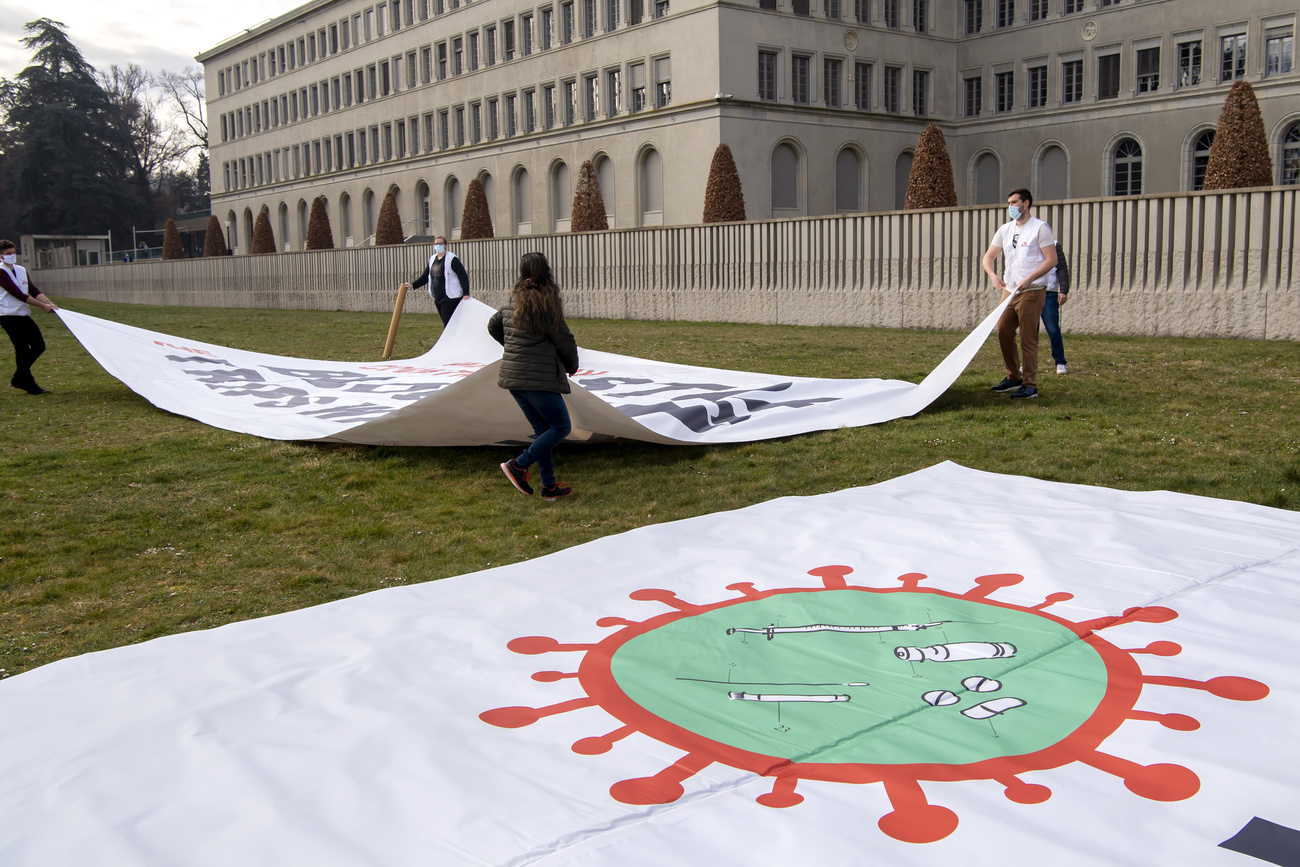
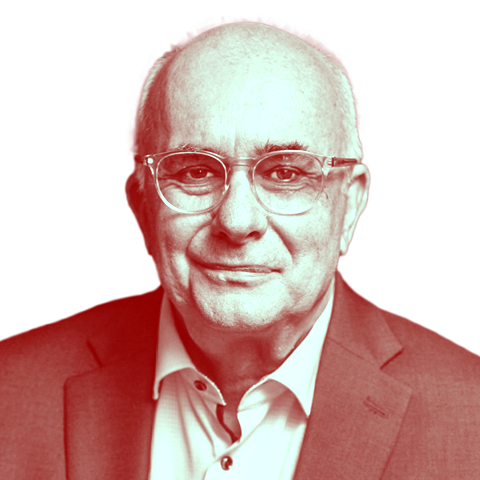
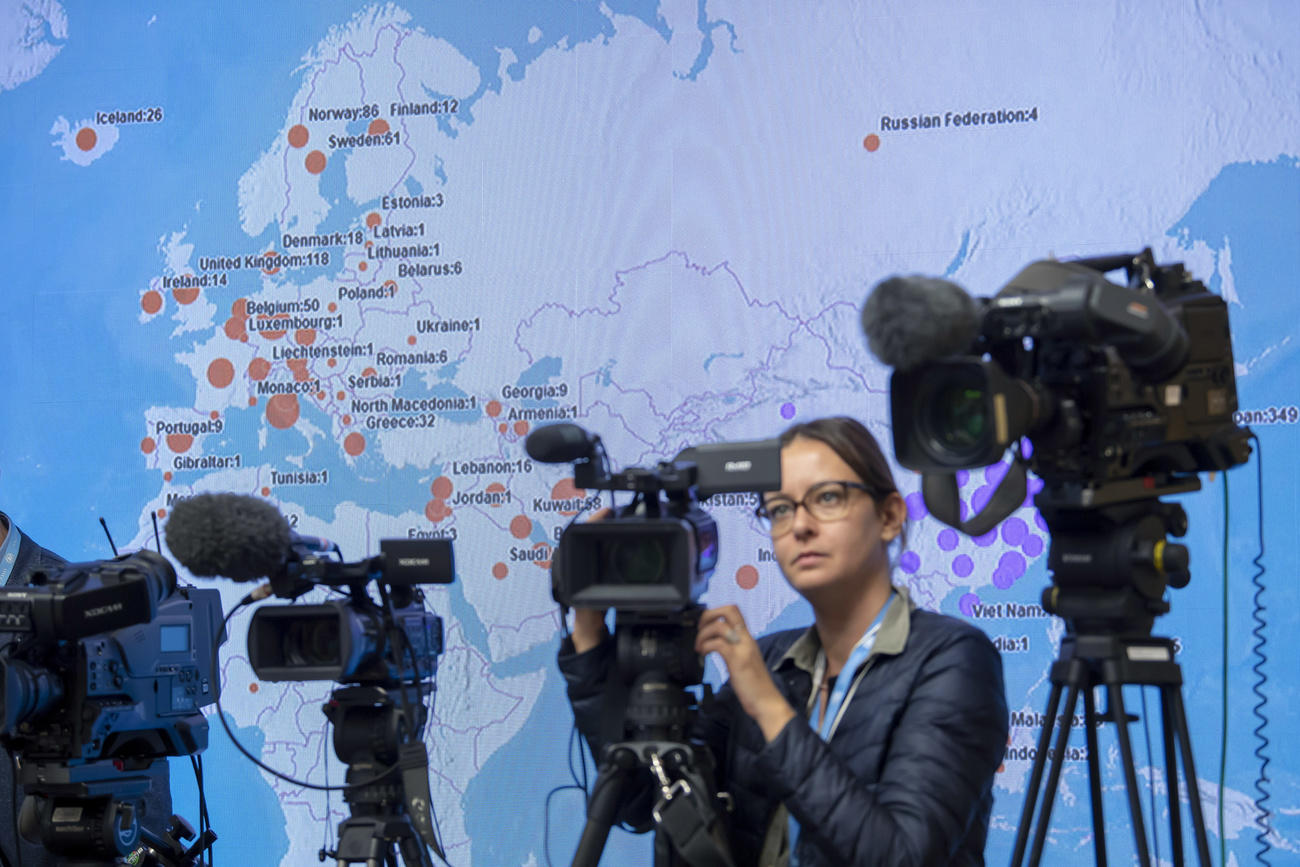
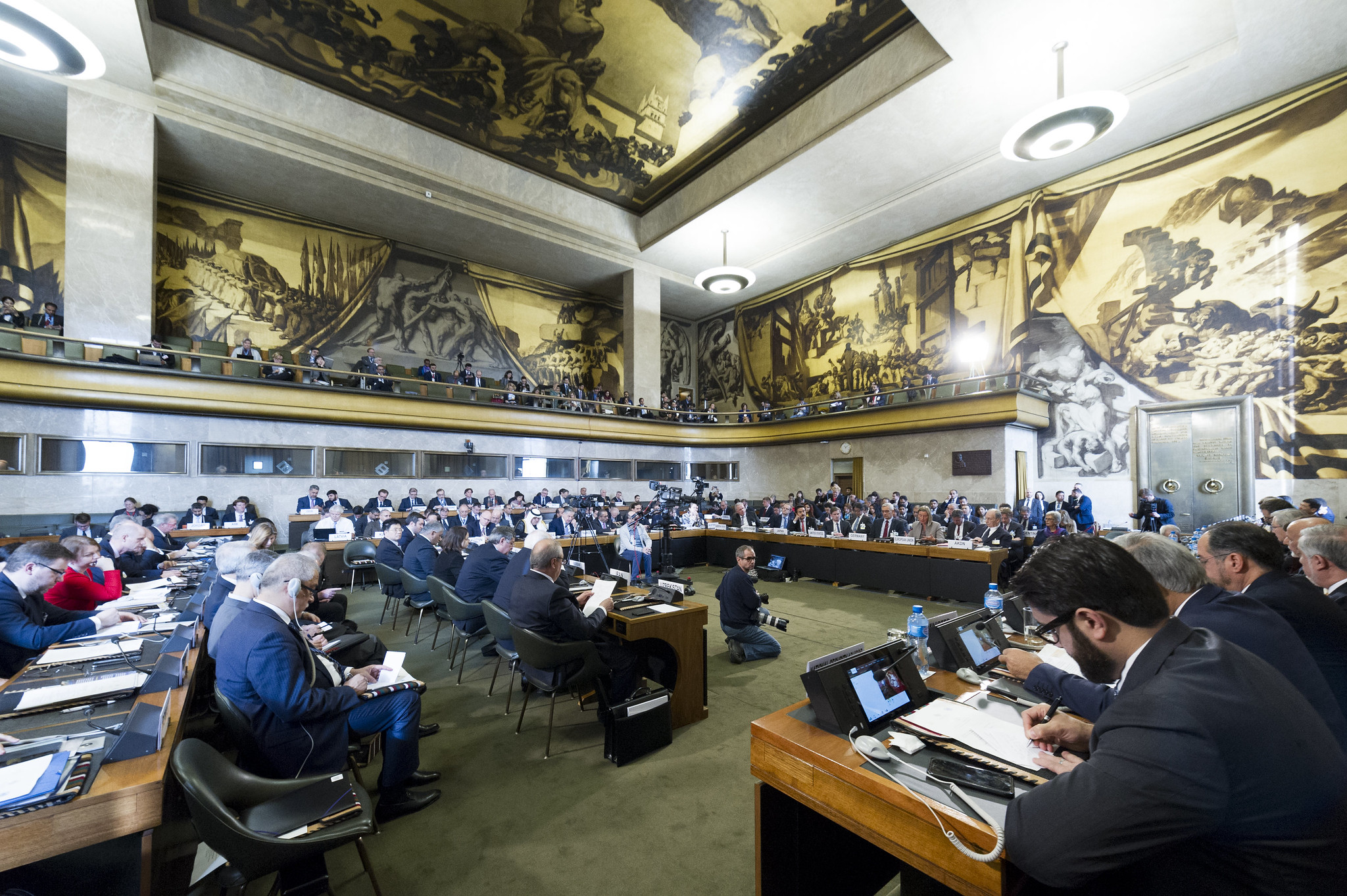
You can find an overview of ongoing debates with our journalists here . Please join us!
If you want to start a conversation about a topic raised in this article or want to report factual errors, email us at english@swissinfo.ch.